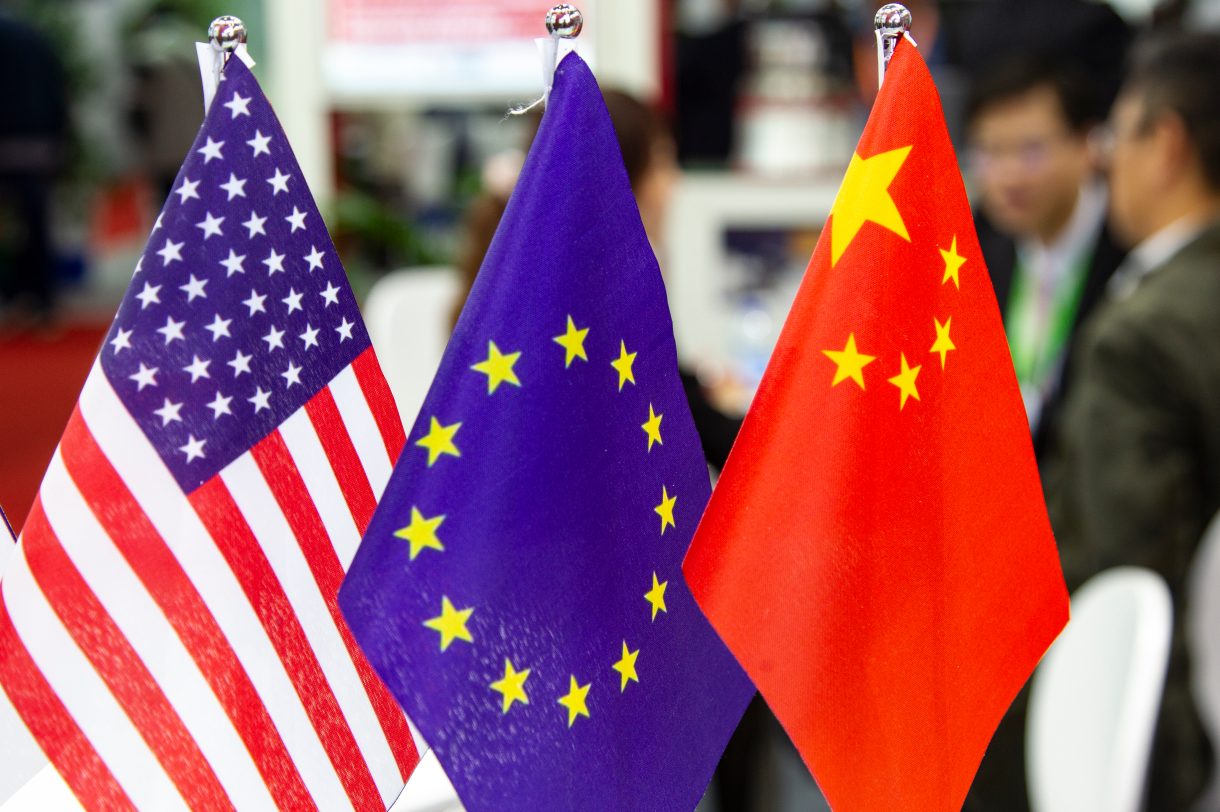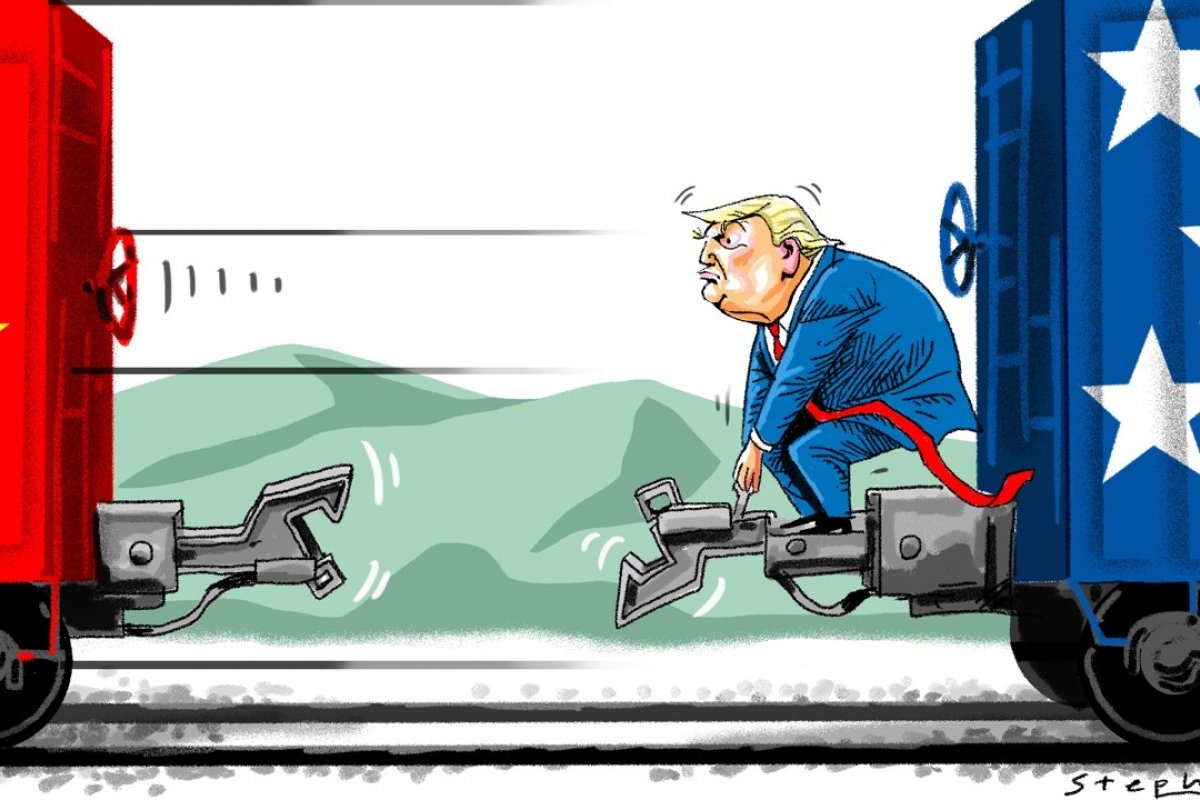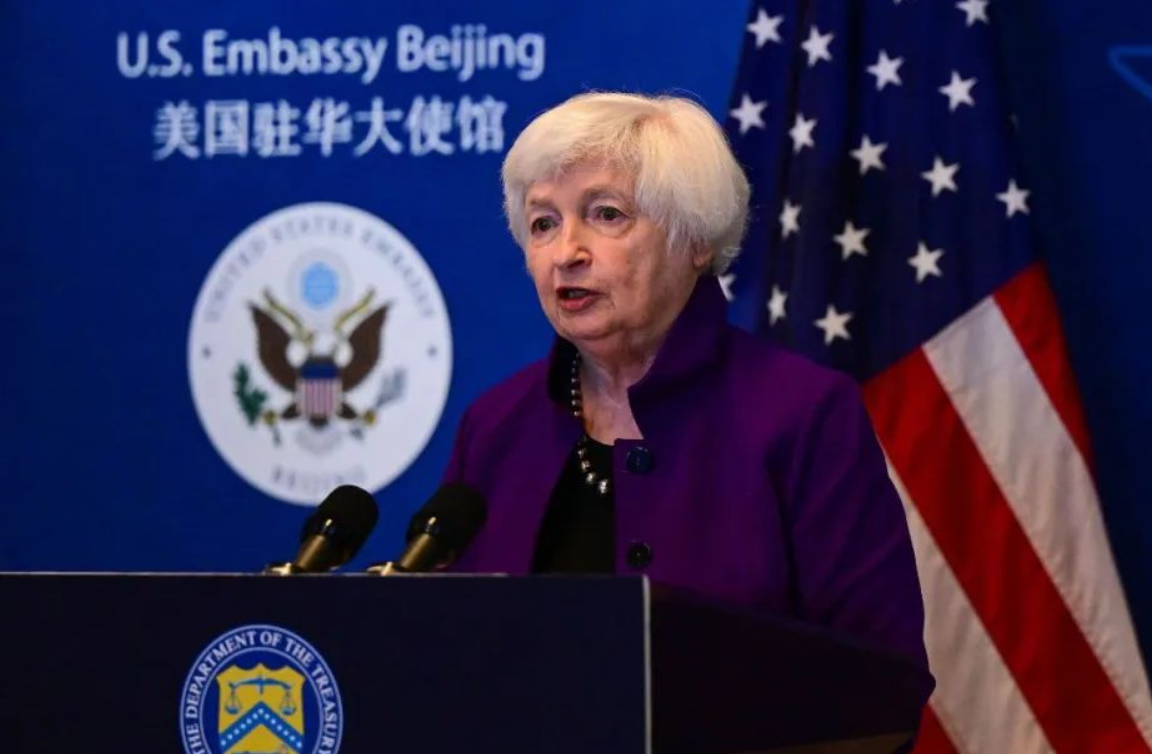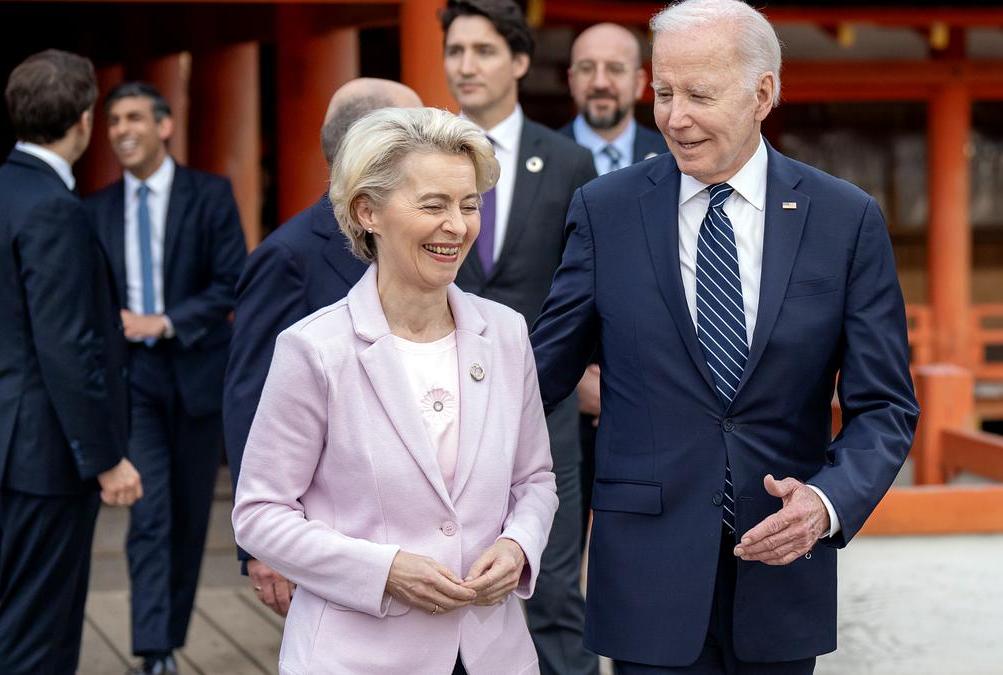
Dong Yifan, Associate Research Fellow, Belt and Road Academy of Beijing Language and Culture University
Apr 28, 2025
For China-EU relations to develop into a stable, mutually beneficial partnership, the EU must undertake a more profound reassessment of its perception of China’s rise and the evolving dynamics of economic competition.

Sun Chenghao, Fellow, Center for International Security and Strategy of Tsinghua University; Munich Young Leader 2025
He Wenxiang , Research Assistant, Jinan University
Apr 24, 2025
The tech rivalry between China and the United States is fast becoming a key variable in the trajectory of relations. It not only reflects divergent innovation paths but fundamentally reshapes the global technological order.

Ma Xue, Associate Fellow, Institute of American Studies, China Institutes of Contemporary International Relations
Jun 14, 2024
Washington’s new strategy may alter its trade dynamics with China, but China cannot be taken out of the picture. Most of America’s trading partners continue to be fed by Chinese supply chains, even as they boost their output of manufactured goods to the United States.
Brian Wong, Assistant Professor in Philosophy and Fellow at Centre on Contemporary China and the World, HKU and Rhodes Scholar
Feb 05, 2024
Economic rejuvenation requires Beijing to pragmatically re-engage with the West, establishing clear commitment to China being a stable, certain, and transparent environment for foreign businesses. What would this re-engagement look like?
Dong Yifan, Associate Research Fellow, Belt and Road Academy of Beijing Language and Culture University
Jan 17, 2024
China and Europe look forward to more stable relations. But transcending the European-style de-risking narrative will take some doing. As frictions arise, the strategic definitions and political wisdom of both sides will be tested.
Brian Wong, Assistant Professor in Philosophy and Fellow at Centre on Contemporary China and the World, HKU and Rhodes Scholar
Jan 02, 2024
The recent EU-China Summit marked a cautious step forward in their relationship, underlining a growing willingness to constructively engage. While substantive policy changes remain elusive, both sides acknowledged concerns and showed openness to dialogue, hinting at a potential path for future negotiations and trust-building.
Stephen Roach, Senior Fellow, Yale University
Jul 27, 2023
American politicians have a long history of mangling economic-policy debates. Some recognize reality, like when George H.W. Bush characterized so-called supply-side tax cuts as “voodoo economics.” But far too many to distort economic statistics and analysis to score political points – think of “Modern Monetary Theory” or “deficit scolds.”

Zhao Minghao, Professor, Institute of International Studies at Fudan University, and China Forum Expert
Jul 13, 2023
If the recent shift from decoupling to de-risking amounts to a game of semantics, it will damage what little strategic mutual trust remains between China and the United States. It will only heighten concerns and raise costs for the business community.

Wang Yufan, Assistant Research Fellow, Department of American Studies, CIIS
Jun 27, 2023
A change to softer rhetoric by the United States seems aimed at placating its domestic business community, but the ultimate objective of containing China hasn’t changed. U.S. Secretary of State Antony Blinken said there’s a big difference. We shall wait and see.

Hu Dawei, Research Fellow, China Institute of International Studies
Jun 08, 2023
Hiroshima highlighted the decline of Western influence in global economic governance. The group’s inherent inadequacy arises from the desperate effort by a small group of member nations to maintain their dominant position in the world.
Back to Top

- China-US Focus builds trust and understanding between the U.S. and China through open dialogue among thought leaders.
- Our Offerings
- Topics
- Videos
- Podcasts
- Columnists
- Research Reports
- Focus Digest
- Stay Connected
-
Thanks for signing up!
- Get the latest stories from China-US Focus weekly.